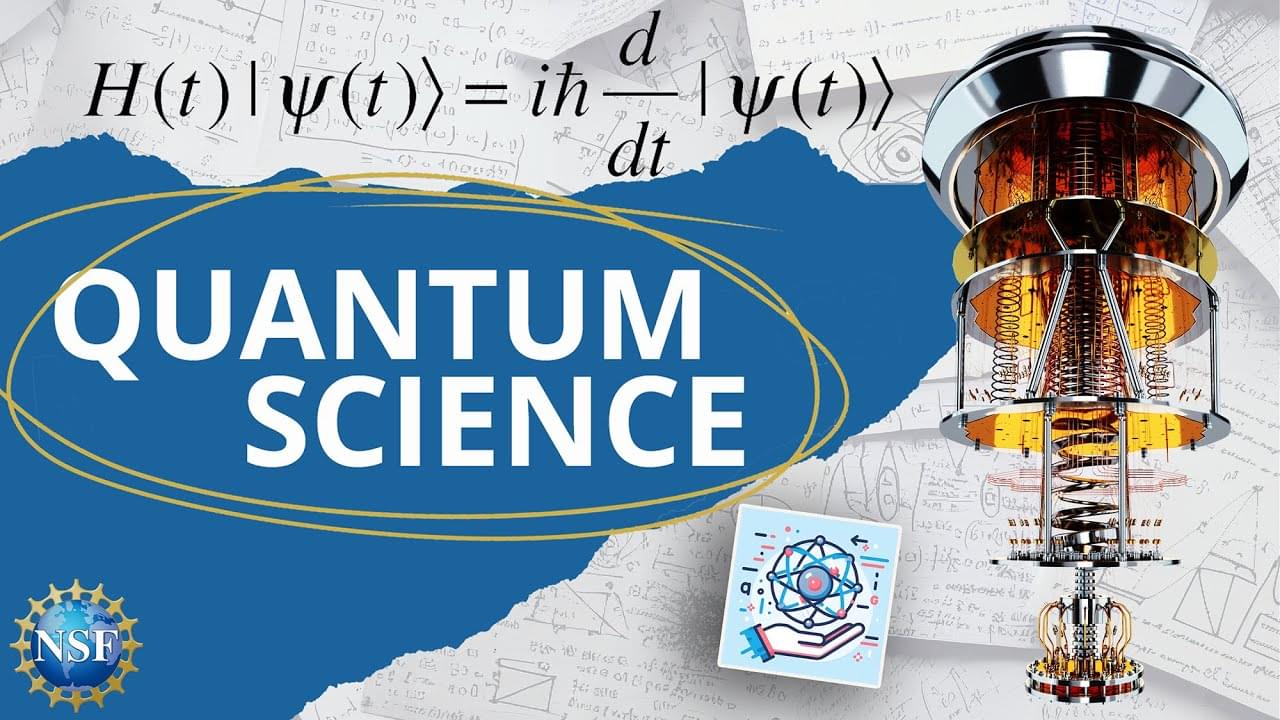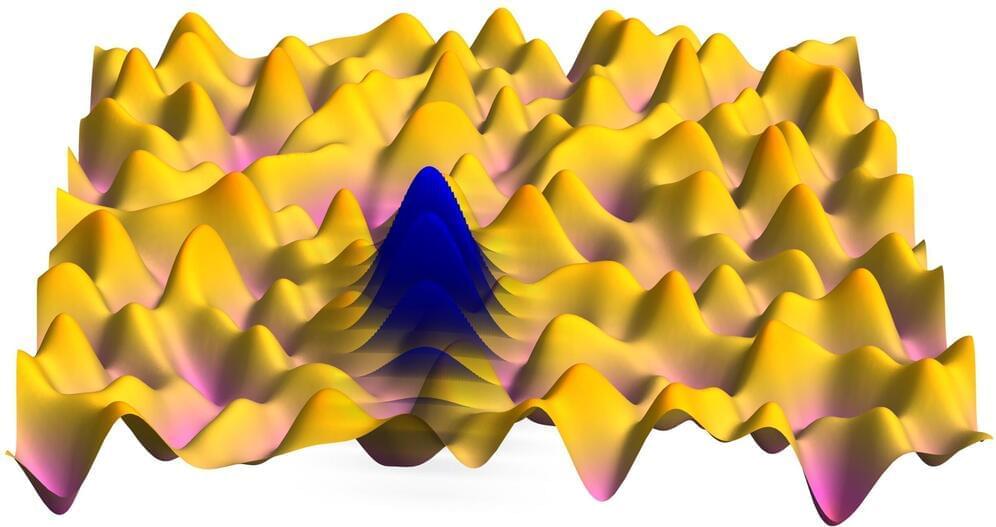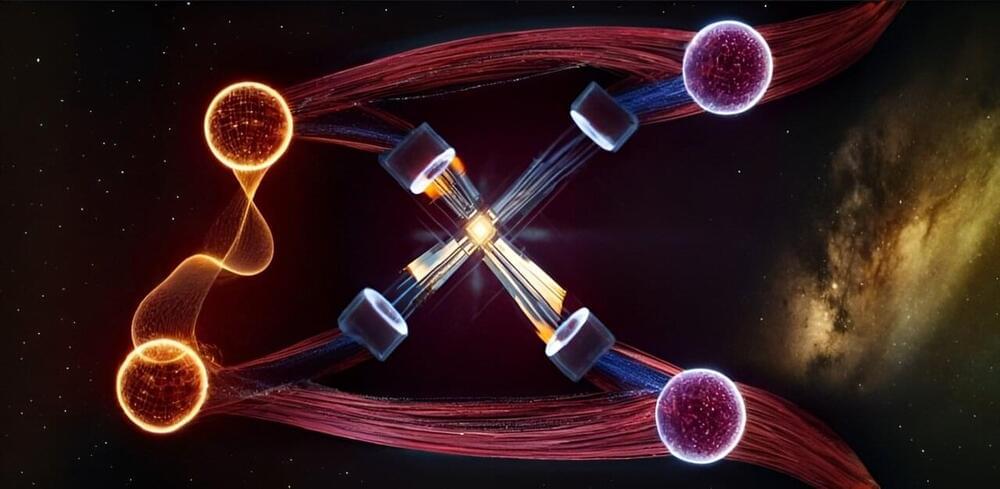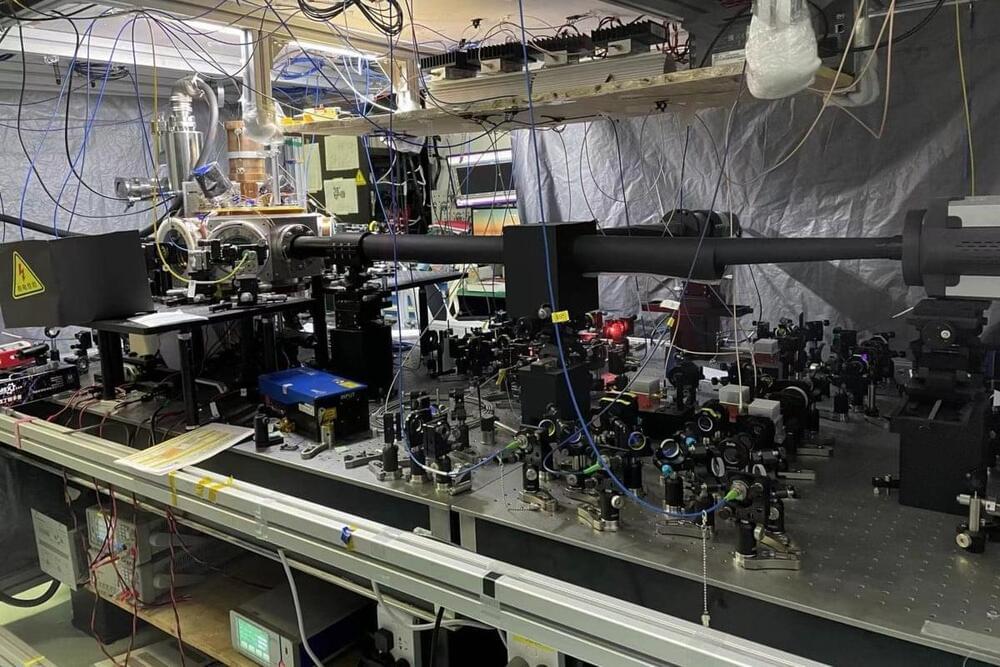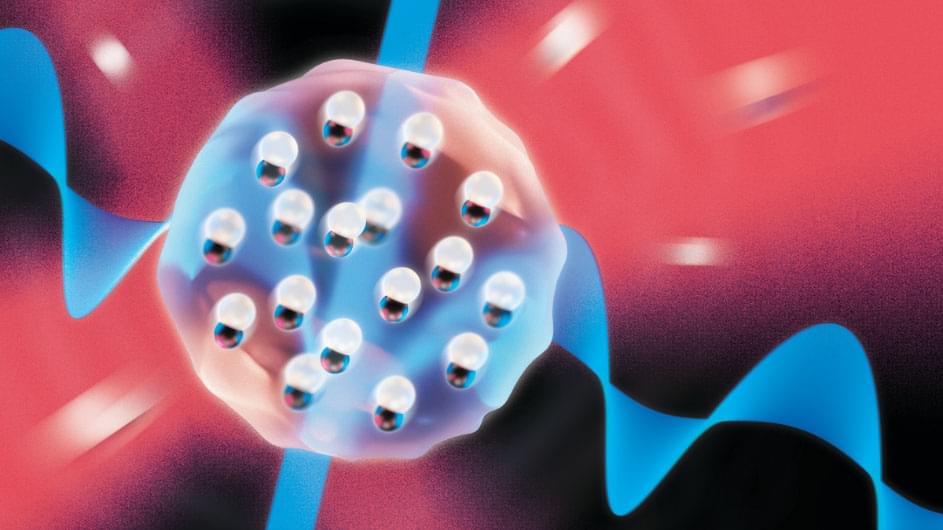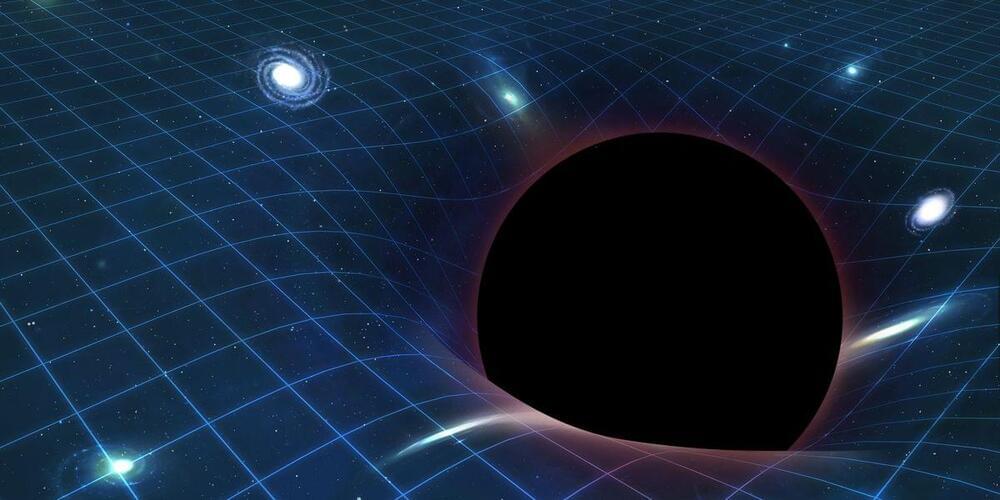Jun 6, 2024
Unlocking the Power of Quantum Computing
Posted by Dan Breeden in categories: computing, engineering, quantum physics
It seems like over the past few years, Quantum is being talked about more and more. We’re hearing words like qubits, entanglement, super position, and quantum computing. But what does that mean … and is quantum science really that big of a deal? Yeah, it is.
It’s because Quantum science has the potential to revolutionize our world. From processing data to predicting weather, to picking stocks or even discovering new medical drugs. Quantum, specifically quantum computers, could solve countless problems.
Continue reading “Unlocking the Power of Quantum Computing” »
